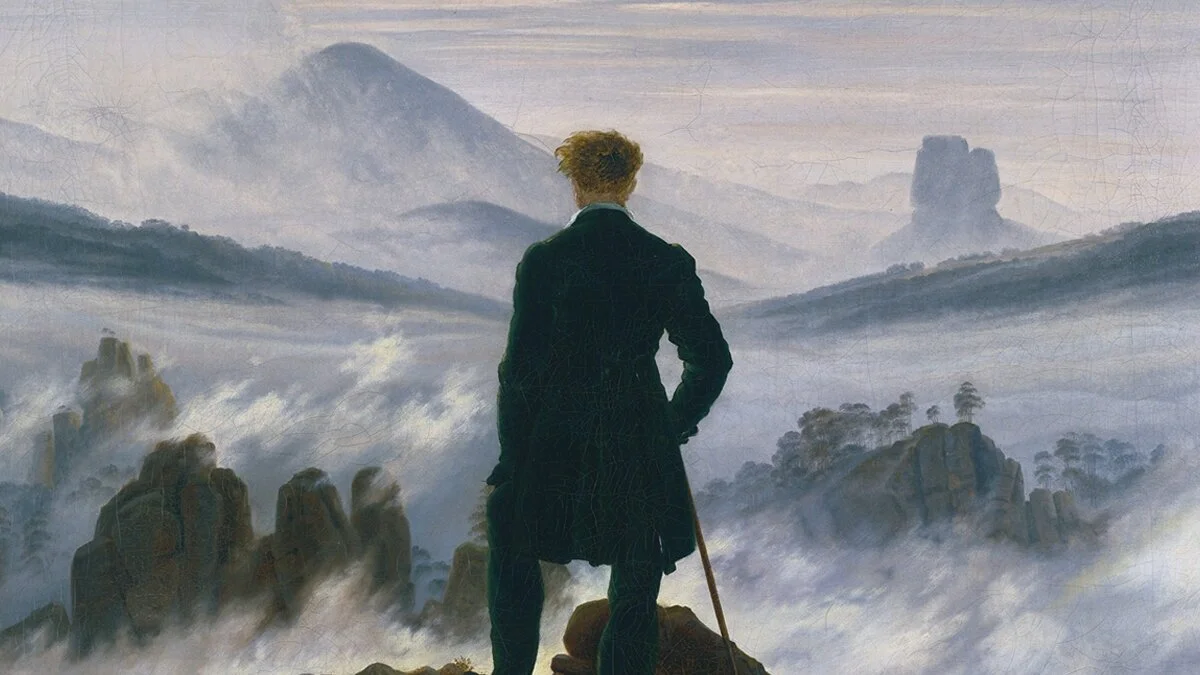Humanities 4: Enlightenment, Romanticism, and Revolution
Course SchedulE
This course is being taught in a hybrid format due to the COVID-19 pandemic.
UNIT 1 | THE INDIVIDUAL | 1/4 — 1/22
Main Topics & Questions
The Enlightenment: What is the Enlightenment, and what values are central to Enlightenment thinkers' worldview?
Individual Rights: What rights do we have as individuals? What is the purpose of government? What courses of action can we take when the government no longer protects these rights?
Marginalized Voices: Who has historically been excluded from enjoying the rights that many Enlightenment thinkers claim that all human beings have? Why is it important to include historically marginalized voices in our courses?
1/4 | Course Intro — No reading.
1/6-11 | John Locke, The Second Treatise of Government, Ch. 1-3, 5, 7-9, 11, 14, 18-19 (1689)
1/13-15 | See readings below.
1/18 | Martin Luther King Jr. Day — No lecture.
1/20 | (*) Mary Wollstonecraft, selections from A Vindication of the Rights of Woman (1792)
1/22 | (*) Frederick Douglass, “The Dred Scott Decision” (1857)
UNIT 2 | THE INDIVIDUAL & THE COMMUNITY | 1/25 — 2/22
Main Topics & Questions
Society in Action: What are we like in society? Do we actually live up to the ideals put forward by earlier texts?
Enlightenment View of Progress: Are the Enlightenment thinkers right to believe that reason and science are the main drivers of societal progress? Has the human condition truly improved over time? What are the possible problems with this belief? Is all science "good" science? How can we be ethically-minded scientists?
The Problem of Evil: Why does evil exist in the world? If evil exists, is God good? Is it morally irresponsible to believe that everything happens for a reason and that "all is for the best"?
Living with Others: What do we owe to each other? What responsibilities do we have to others as members of the human community?
Schedule
1/25-29 | Voltaire, Candide (1759), pp. 3-88
2/1-5 | Jean-Jacques Rousseau, Discourse on Inequality (1755), pp. 3-87
2/8-12 | (*) Immanuel Kant, selections from The Grounding for the Metaphysics of Morals (1785)
Optional group viewing and discussion via Zoom of NBC’s The Good Place, Season 2, Episode 5, “The Trolley Problem.” Date to be announced.
2/17-22 | Mary Shelley, Frankenstein (1831), pp. 15-225
UNIT 3 | THE INDIVIDUAL & NATURE | 2/24 — 3/12
Main Topics & Questions
Romanticism: What is Romanticism, and how does this movement respond to the Enlightenment?
The Natural World: How have we historically treated nature, and how should we treat it? What do we owe to nature?
The Individual in Nature: What can nature teach us about ourselves? How are we changed by our experiences in nature?
Nature and the Human Community: What can nature teach us about living in a community? Does nature offer us a vision of democracy?
Schedule
2/24-26 | (*) William Wordsworth, selected poems (1798-1814)
3/1-3 | See readings below.
3/5-8 | (*) Emily Dickinson, selected poems (1890)
3/10-12 | (*) Walt Whitman, selections from Leaves of Grass (1855)
